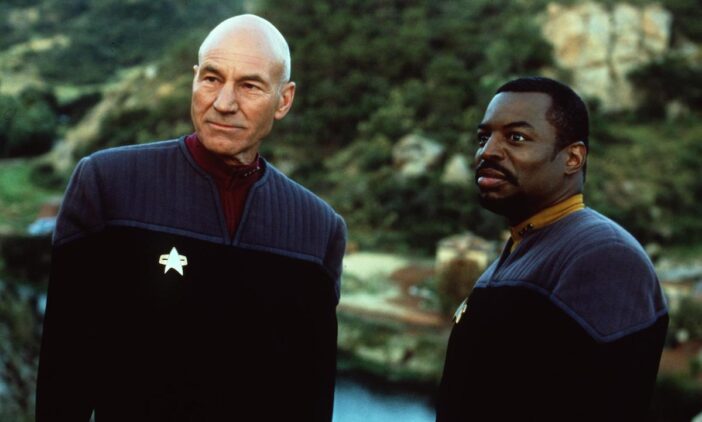Sports betting for an income? Don’t bet on it, but a strong majority of younger bettors think it’s possible.
A December survey from Whistle Wise Quantitative Research of 470 people aged 21-34 found that 76% see gambling on sports as a “form of entrepreneurship.” Or, in millennial and zoomer terms, a side hustle.
That seems like a high percentage, given how rare it is to be able to make a living at sports betting. But, to be fair, the poll didn’t ask whether it could be a primary source of income. Professional sports bettors are said to have a winning percentage of only slightly above 50%. Legendary NBA sports bettor Bob Voulgaris has claimed to have a 57% winning percentage, for what it’s worth.
This, of course, assumes you’re able to get action. Online sportsbooks are notorious for limiting the amount winning bettors can wager. It’s been a highly controversial practice in the industry since PASPA fell in 2018, and it’s gotten to the point where some sportsbooks are poking fun at rivals for the questionable practice. Consider this recent tweet by a retail sportsbook in Las Vegas:
There’s obviously no publicly available information on a win rate for when a book may start limiting some of your bets. It depends on the book, and anecdotally some sportsbooks seem to be worse than others in this area. Fortunately for bettors, there’s a robust selection of apps to use.
Sports betting could never be a primary source of income when books will cut you off when you start winning. But theoretically it could still be a side hustle, or maybe just a way to pay for your nightlife expenses or something like that. Think beer money.
Can you beat the books?
To be profitable in the long term, you have to be extremely shrewd and use proper bankroll management. Betting too much of your bankroll could turn a side hustle into a financial leak. You can’t chase losses, and you have to be willing to totally skip an action-packed night of sports if you didn’t think there was value anywhere. Remember, if you are thinking of sports betting as a side hustle, you no longer bet just for entertainment. You’re no longer looking for some “skin in the game.”
There’s no way anywhere close to 76% of the betting public aged 21-34 is capable of making even a tiny profit in the long run from sports betting (especially once the bonus offers run their course), so the survey’s findings do speak to a lack of education about the nature of gambling on sports.
What could increase your chances of sports betting as a side hustle is sticking to the sport or sports you know best. If you’re a diehard MMA fan, stick to finding spots in the UFC that might have value and don’t mess with other sports. Wagering on the NFL is considered especially hard to turn a reliable profit on.
The survey also found that 51% of the Gen-Z sports bettors said they bet on sports they don’t normally watch. That’s more than fine if you’re doing it for fun, but betting on something you don’t normally watch definitely would lower your chances of winning over the long run.
At the end of the day, a house-banked game is extremely difficult to win at in the long run. Poker, which is played peer-to-peer and the house takes a substantial passive cut in the form of a rake, provides more opportunity for a gambling side hustle. But poker has its own challenges, and only a tiny fraction of players are able to make money playing poker in the long run. Many go broke overestimating the skill component.
Bottom line: You’re better off not approaching gambling with the mentality of finding a sustained income source, whether as a full-blown profession all the way down to a side hustle. At least start off with this way of thinking if you’re new to betting and reevaluate later.





